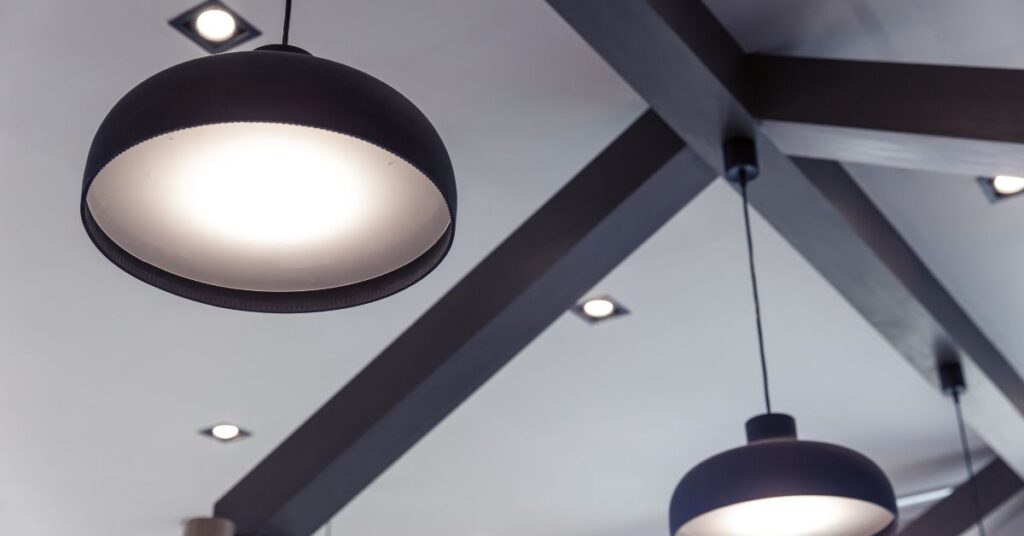Introduction
Indoor light fixtures play a crucial role in setting the tone and ambience of your home. Whether you’re looking to create a cosy atmosphere or a bright, modern space, the right lighting can make all the difference.
Types of Indoor Light Fixtures

- Ceiling Lights: Including chandeliers, pendant lights, and flush mounts, ceiling lights are a primary source of illumination.
- Wall Lights: Sconces and wall lamps add both functionality and style to any room.
- Floor Lamps: Ideal for adding light to specific areas, floor lamps are versatile and decorative.
- Table Lamps: Perfect for task lighting and adding a touch of elegance to your decor.
Choosing the Right Light Fixture for Each Room
- Living Room: Opt for a combination of ceiling lights and floor lamps to create a layered lighting effect.
- Bedroom: Choose soft, warm lighting with bedside table lamps for a relaxing atmosphere.
- Kitchen: Use bright, focused lighting with pendant lights over work areas and under-cabinet lighting for countertops.
- Bathroom: Ensure adequate lighting around the mirror with wall sconces or vanity lights.
The Role of Light Fixtures in Interior Design
- Creating Ambience: Use dimmable lights to adjust the mood and create the desired ambience.
- Highlighting Features: Use spotlights or track lighting to highlight artwork, architectural features, or focal points in a room.
- Enhancing Space: Proper lighting can make a small room feel larger and a large room feel more intimate.
Energy Efficiency in Light Fixtures
- LED Lights: Opt for LED fixtures to save energy and reduce electricity bills.
- Smart Lighting: Consider smart bulbs and fixtures that can be controlled remotely for added convenience and energy efficiency.
Conclusion
Indoor light fixtures are more than just functional elements; they are key components of your home’s interior design. By choosing the right fixtures and placing them strategically, you can transform your living space into a stylish, comfortable haven.